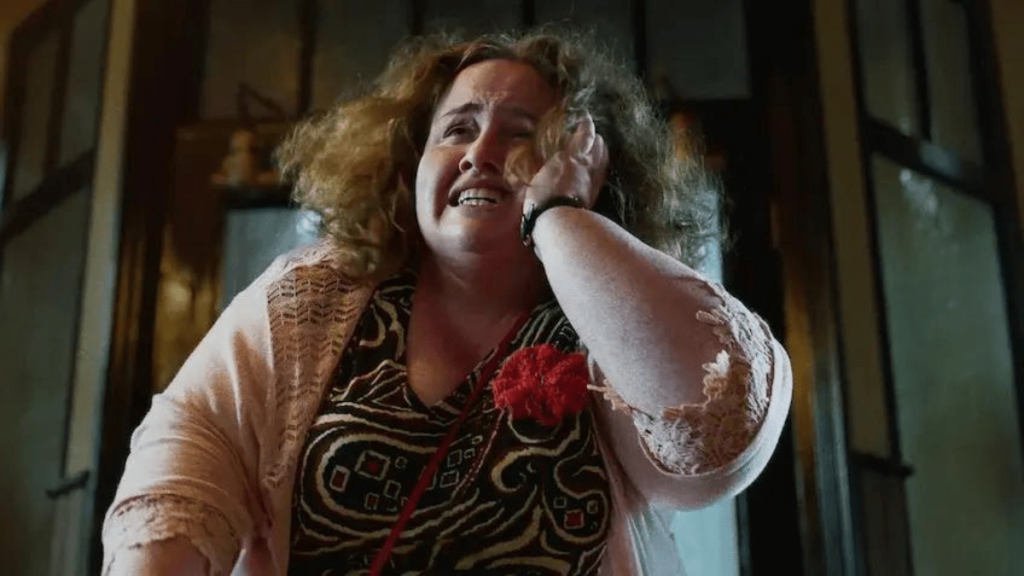Watching ‘Baby Reindeer,’ the unexpected hit on Netflix, left me feeling both triggered and validated. For the first time, I saw stalking portrayed with a level of nuance, authenticity and complexity that resonated deeply with real experiences. This depiction felt strikingly real and relatable.
The show skillfully delves into the complexities of how victims respond to stalking, exploring the concept of the “imperfect victim” and highlighting the pervasive lack of understanding and support from society. Stalking is a crime that creeps up on you. Initially, you don’t see it coming and that’s why victims often react in ways that might seem baffling to outsiders.
There’s fear, but also confusion, anger, frustration and sometimes even intrigue. At times, you laugh it off; other times, you want to scream. You question whether you’re overreacting or under-reacting.
Also Read: Real Martha From ‘Baby Reindeer’ Interviewed by Piers Morgan
This confusion is compounded by the overwhelming lack of support many victims encounter when they first try to discuss their discomfort, often before they’ve even recognized it as stalking. Being dismissed as Richard Gadd’s character Donny was, can lead victims to withdraw, downplaying their experience or attempting to handle it alone.
Both reactions can reinforce the idea of the “imperfect victim.” Gadd’s realistic portrayal of non-domestic violence stalking surprised and heartened me.
The response to my book was remarkable, initiating a much-needed dialogue about stalking’s impact and highlighting where society is failing. It brought attention to the consequences of poor community attitudes and the lack of proper training, recognition, and proactive response by the police.
‘Baby Reindeer’ has achieved this on a global scale. Watching its success has been phenomenal, and I’m deeply grateful to Gadd for shedding light on this issue worldwide. Sharing such a traumatic experience publicly is a massive emotional undertaking, but it’s crucial. One person’s story can change lives and save others.
Initially, viewers and the media seemed to understand this. They rallied around Gadd, applauding him for exposing an often invisible crime and its associated trauma. But then, something shifted. Fans of the show became obsessed with identifying the “real” Martha, and apparently, they succeeded. Oddly, the blame shifted to Gadd. Critics questioned how he could risk her identification and why he didn’t foresee this obsessive hunt.
Some people started viewing Martha as the victim. But she is not the victim; she’s the perpetrator—a repeat offender with previous stalking convictions. The woman identified as the “real Martha” has not denied her actions. In fact, she has embraced the attention, participating in media interviews and making frequent social media posts about Gadd and the show.
They don’t hide it; instead, they use their platforms to spin an alternate reality, often portraying their victim as the obsessed one—much like the “real Martha” is doing now. Stalkers crave attention from their targets and will seize any opportunity to get it.
If it wasn’t troubling enough that Gadd’s stalker is gaining online notoriety, she’s now been offered a tell-all interview with Piers Morgan. Morgan announced, “The real-life Martha from ‘Baby Reindeer’ breaks cover and gives me her first TV interview about the smash hit Netflix show.” She wants to “have her say and set the record straight.” Morgan further trivialised the issue by asking his audience, “Is she a psycho stalker?”
Giving a convicted stalker a global platform sensationalises and trivialises stalking itself, further traumatising her victims, whose numbers we don’t actually know.
